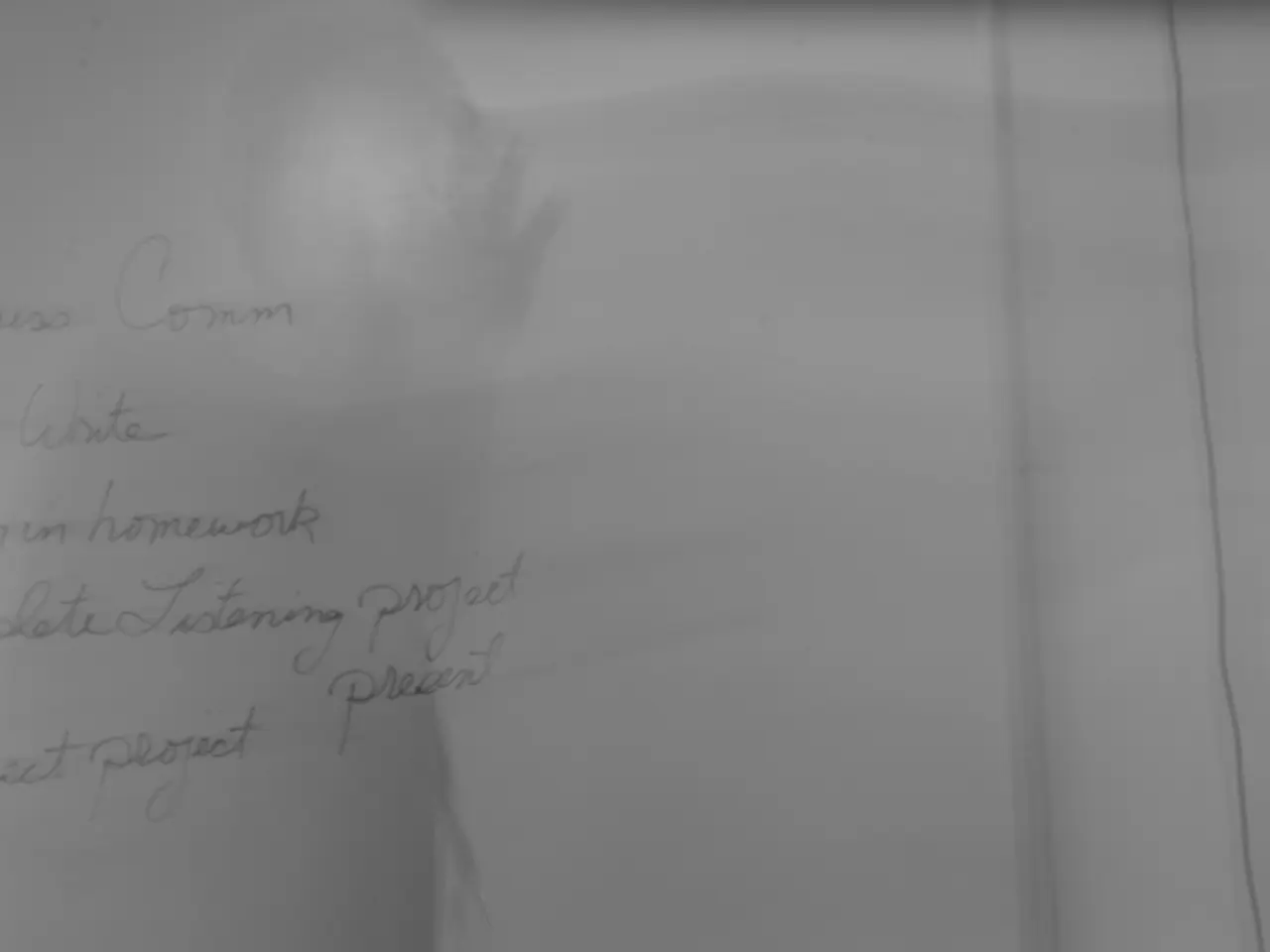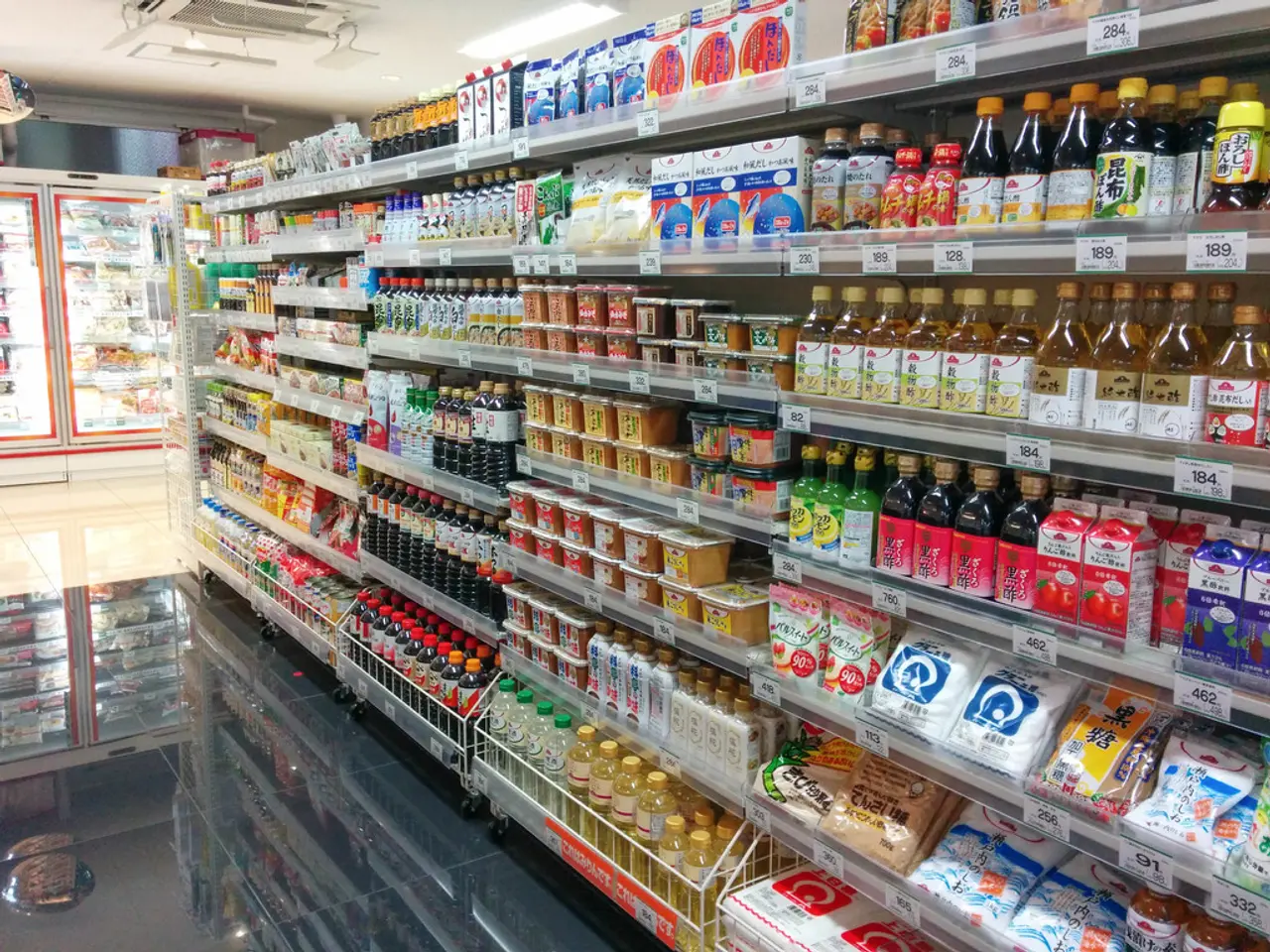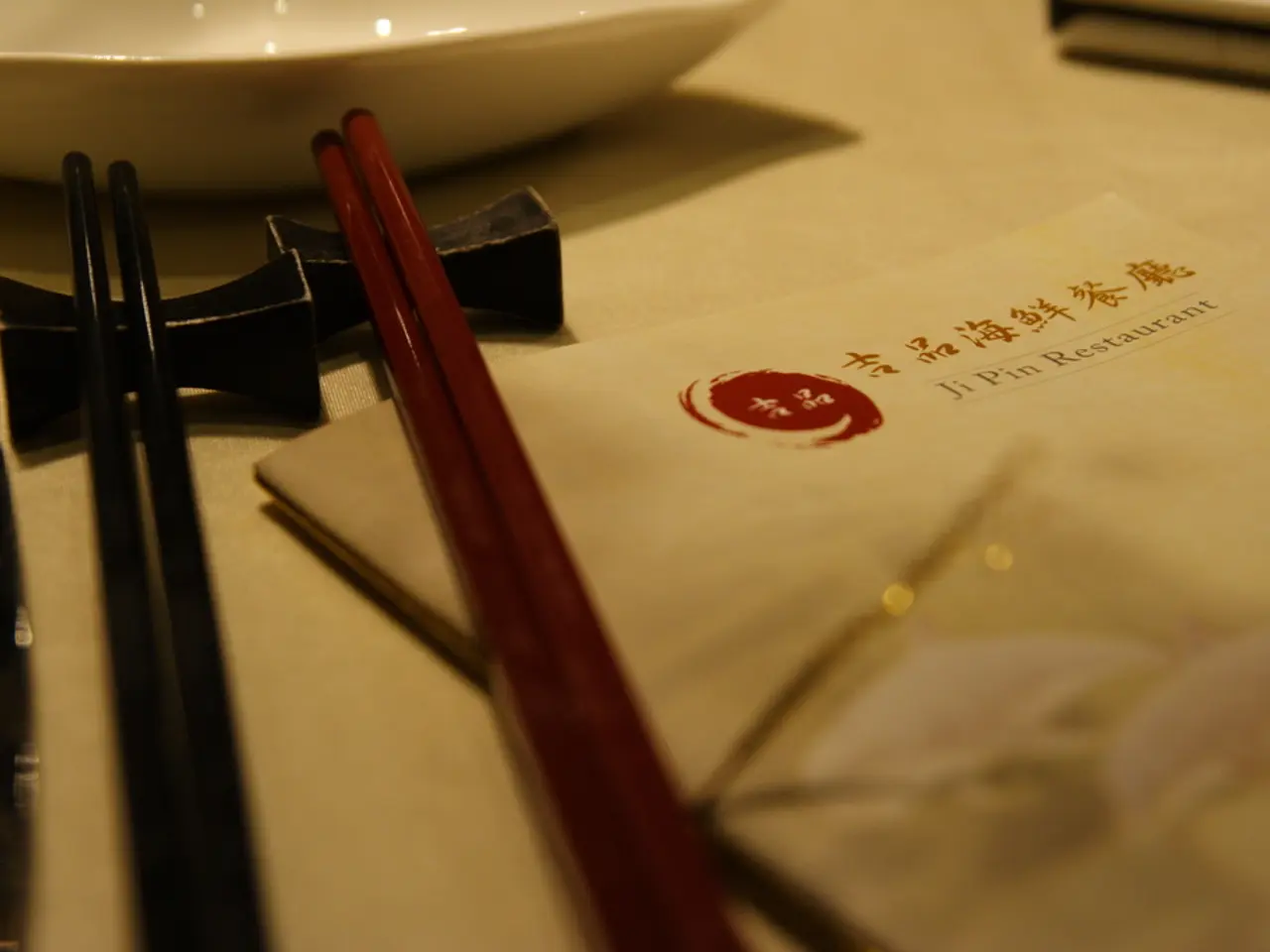Lifting of Early Ban on Exporting Ai-92 Fuel Granted by Alexander Novak
In a move aimed at maintaining stability in the domestic market, Russia has extended its ban on gasoline exports by oil producers until August 31, 2025. The initial ban, imposed in early August 2025, was a strategic decision to manage high seasonal demand and ensure adequate fuel supplies for local needs, including farmers [1][4].
The export ban applies to producers, marking a shift from earlier restrictions that only limited volumes sold abroad by resellers. However, exports to the Eurasian Economic Union and some allied countries, such as Mongolia, are exempt from this ban [1][4].
The supply-demand balance for AI-92 gasoline, a common grade of gasoline in Russia, indicates that domestic demand is currently high, putting strain on supply. This high demand is a strong signal of a domestic supply-demand imbalance favoring higher internal consumption stability [1][4].
Ongoing Western sanctions and the imposition of EU price caps on Russian oil exports have impacted export revenues but do not currently override Russia’s internal fuel market policy to prioritize domestic consumption of gasoline such as AI-92 [2][3][5].
Vitaly Korolev, Deputy Head of the Federal Antimonopoly Service of Russia, has stated that the fuel market in Russia is stable. Alexander Novak, Russia's Deputy Prime Minister, has suggested lifting the ban on gasoline exports if there is a surplus of supply on the domestic market in late September [6]. The Ministry of Energy has been tasked with working on this issue and submitting a relevant proposal [6].
It is important to note that this analysis and potential decision only apply to AI-92 fuel. The excesses or stockpiling, if confirmed, may lead to the decision to allow exports to prevent production volume reduction. The Deputy Prime Minister is analyzing the balance of supply and demand for AI-92 fuel [6].
As we approach August 31, the evolution of this situation will depend on domestic supply conditions and geopolitical factors. Stay tuned for updates on this developing story.
[1] TASS News Agency. (2025). Russia imposes temporary ban on gasoline exports. [online] Available at: https://tass.com/economy/1324210
[2] Reuters. (2025). EU imposes price cap on Russian oil exports. [online] Available at: https://www.reuters.com/business/energy/eu-imposes-price-cap-russian-oil-exports-2025-08-02/
[3] Bloomberg. (2025). Western Sanctions Impact Russian Fossil Fuel Exports. [online] Available at: https://www.bloomberg.com/news/articles/2025-08-01/western-sanctions-impact-russian-fossil-fuel-exports
[4] Financial Times. (2025). Russia's gasoline exports to be banned amid high demand. [online] Available at: https://www.ft.com/content/2e26e359-4470-4b3e-978c-f566f9517567
[5] Wall Street Journal. (2025). EU Sets Price Cap for Russian Oil. [online] Available at: https://www.wsj.com/articles/eu-sets-price-cap-for-russian-oil-11660856604
[6] Interfax. (2025). Russia's gasoline market remains stable, says Korolev. [online] Available at: https://www.interfax.ru/economics/795271/
The ongoing ban on gasoline exports by oil producers in Russia signals a shift in focus towards maintaining domestic supply and demand balance, particularly for AI-92 gasoline. The Russian government is monitoring this situation closely, with a potential decision to allow exports if there is a surplus of supply in late September.
The stability of the Russian fuel market, as stated by Vitaly Korolev, hinges on the balance between supply and demand for AI-92 fuel. This situation is influenced by factors such as Western sanctions and the EU price caps on Russian oil exports, which have impacted export revenues but do not currently override Russia’s policy to prioritize domestic consumption.




